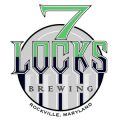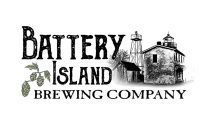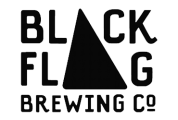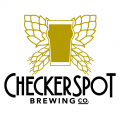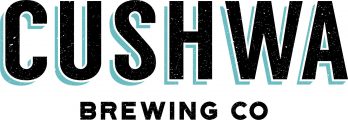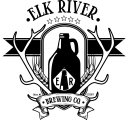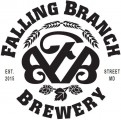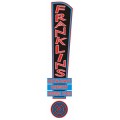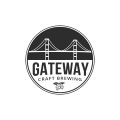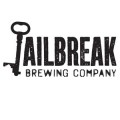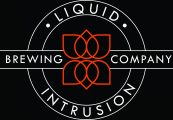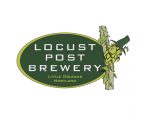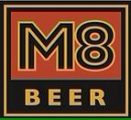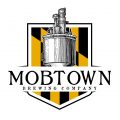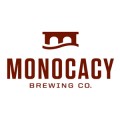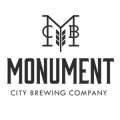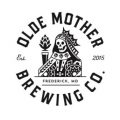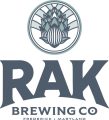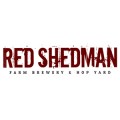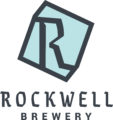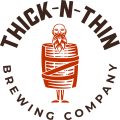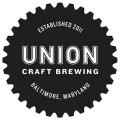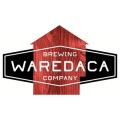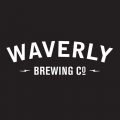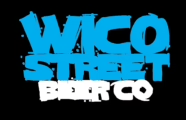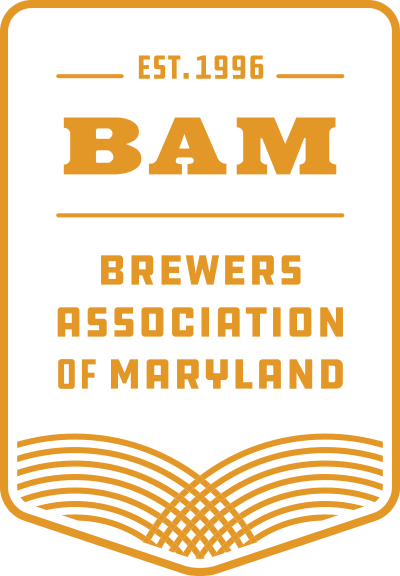The Brewers Association of Maryland (BAM) and its over 100 members are proud to announce the passage of Brewery Modernization Act of 2019 (HB1010/SB801) Saturday, April 6. Coupled with the successful passage of Beer Franchise Law Reform (HB1080/S704), the 2019 Legislative Session signifies a major leap forward for our industry.
“These bills represent transformational change for the craft beer industry in Maryland and serve as a reminder that organized, persistent and thoughtful advocacy matters,” said Brad Rifkin, lobbyist for the Brewers Association of Maryland. We are grateful for the support of the General Assembly and our industry partners for the passage of this legislation as well as their efforts earlier in Session to reform Maryland’s beer franchise laws for the first time since 1974,” said Rifkin.The Brewery Modernization Act of 2019, among other things, updates Maryland’s beer laws by increasing taproom sales, production capabilities, self-distribution limits and hours of operation while also eliminating outdated legal hurdles and streamlining the laws for day-to-day business operations. “The Brewery Modernization Act of 2019 provides long-term flexibility for Maryland brewery owners, incentivizing the investment and reinvestment in both infrastructure and employees,” noted Rifkin.
The Beer Franchise Law Reform legislation represents the first time since the laws were passed in 1974 that small brewers are able to take full advantage of the free enterprise system. Under current law, small breweries that enter into distribution agreements with a wholesalers are unable to leave those relationships without giving 180 days notice and showing there was “good cause” to terminate the wholesaler – effectively mandating a perpetual business relationship. Beer Franchise Law Reform achieved this year changes that dynamic. Most importantly, upon this legislation taking effect January 1, 2020, breweries that produce less than 20,000 barrels annually may, without showing cause, leave a wholesaler after providing 45 days notice and upon payment to the wholesaler for its fair market value and the repurchase of the inventory in the possession of the wholesaler at the laid in cost.
“BAM wants to extend its sincere thank you to House Economic Matters Committee Chairman Dereck Davis, and Senate Education Health and Environmental Affairs Committee Chairman Paul Pinsky for their dedicated leadership in driving a compromise between all industry stakeholders on such important issues,” said Kevin Atticks, executive director of the Brewers Association of Maryland.
BAM also thanks our lead bill sponsors for the Brewery Modernization Act of 2019, Delegate Vanessa Atterbeary and Senator Antonio Hayes (and the 63 co-sponsors) as well as our lead bill sponsors on Franchise Law Reform, Delegate Carol Krimm and Senator Brian Feldman (and the 26 co-sponsors).
Brief Summary of Brewery Modernization Act of 2019 and Franchise Law Reform Bills
- Eliminate “buyback” and increase taproom limits to 5,000 barrels per year for Class 5 Beer Manufacturers.
- Allow a local Liquor Board to condition the issuance of a Class D License (beer only) or on-site consumption permit upon the applicant obtaining a Class 5 Beer Manufacturing License, TTB Permit and any other legal requirements that will need to be met (e.g. zoning, etc.). This lowers the risk at the backend for Class 5’s so they don’t expend significant capital only to learn they cannot obtain a local license.
- If a currently grandfathered Class 5 Beer Manufacturers sells the license, the subsequent owner would retain their currently grandfathered hours.
- Remove guided tour requirement for off-premise sales.
- Increase taproom limits to 5,000 barrels per year for a Class 7 Microbrewery.
- Increase production cap to 45,000 barrels per year for a Class 7 Microbrewery.
- Allow holder of Class 7 Microbrewery to hold one additional Class 7 license anywhere in state operating under disaggregated on-premise caps (with all beer sold at each location being brewed at each separate location).
- Allow for Class 8 Farm Breweries to stay open 10am-10pm (instead of 10am-6pm).
- Increase production limit for a brewery to obtain a Class 7 Limited Wholesaler License for the purposes of self-distribution from 22,500 barrels of beer to 45,000 barrels of beer AND increase the amount that can be self-distributed under that license from 3,000 barrels of beer annually to 5,000 barrels of beer annually.
- Allow for Class 5 Beer Manufacturer, Class 7 Microbrewery and Class 8 Farm Brewery to brew beer (not sell) at an off-site location.
Brewers that produce 20k barrels annually or less are released from the restrictive franchise law provisions of 180 notice to a wholesaler and showing of “good cause” to finalize a termination. These breweries now have:
- 45 day notice to terminate;
- No required showing of cause;
- Absent any written agreement between the parties, the buyout is fair market value plus laid-in cost of inventory (which would be negotiated during the 45 day notice window and if the parties cannot agree, they will submit to binding arbitration);
- The law will take effect for January 1, 2020.
# # #



